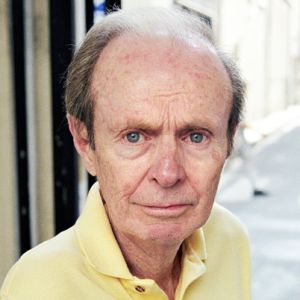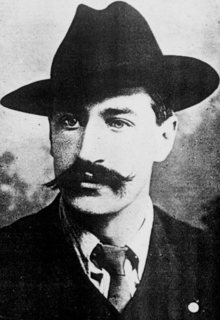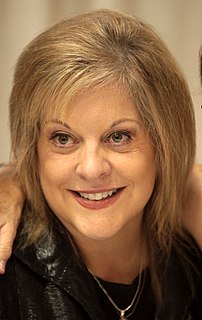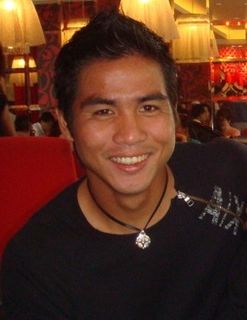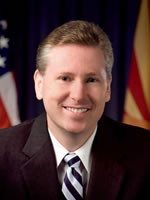A Quote by Masha Gessen
I have experienced power as a journalist. On three different occasions, when I wrote about individual immigrants or refugees, the article - or, in one case, my presence in the courtroom - appeared to positively change the outcome of their cases.
Related Quotes
I certainly do attempt to live according to spiritual principles. That's always the foundation of each and every day. I have experienced some things in my life that just force me to believe in some sort of power. A creative . . . creative power source; however you want to phrase it. I certainly have experienced that presence. And I have experienced what I consider the basic, what we would call love and concern.
People's experiences are all different, and you don't know what the person experienced. They know, but you don't, so I think it's important to listen carefully to what a person has to say. And not to force them into any direction at all but simply to model what you've experienced, model it and also be what I call a Listening Presence. If you're really listening, then some of the barriers can dissolve or change.
I've always been fascinated, obsessed even, with books and TV shows about unsolved murders, cold cases, forensic science, mysteries, and so on. Many times when I get inspiration for my work, it's from something in one of these books or TV shows, or perhaps some newspaper article about a specific case.
Library of the Works of Ludwig von Mises”. Here is an article he wrote in 1951, some two years after his magnum opus Human Action appeared, where is lays out his case in a more popular form. The money sentences are “Economic theory has demonstrated in an irrefutable way that a prosperity created by an expansionist monetary and credit policy is illusory and must end in a slump, an economic crisis. It has happened again and again in the past, and it will happen in the future, too.
Hailey [as a character] was born when I left the courtroom and moved to New York for Cochran and Grace, my TV show with Johnnie Cochran. I moved with two boxes of clothes, a curling iron, and $300; I didn't know a soul in the city, so I would come home at night and I'd be all alone and just write. I missed the courtroom and [what led me to the courtroom] so much I wrote about it. After my fiancé Keith's murder, I had never thought I would have children - I thought that it was not God's plan for me to have a family.
I remember researching a really complicated article and having trouble keeping track of all the different perspectives. I ended up drawing a diagram to help myself follow how the ideas were interrelated. I looked at the diagram when I had finished and thought, "Oh, maybe I don't need to write the article now - maybe I've done my job as a journalist. I can convey my understanding through the diagram."





